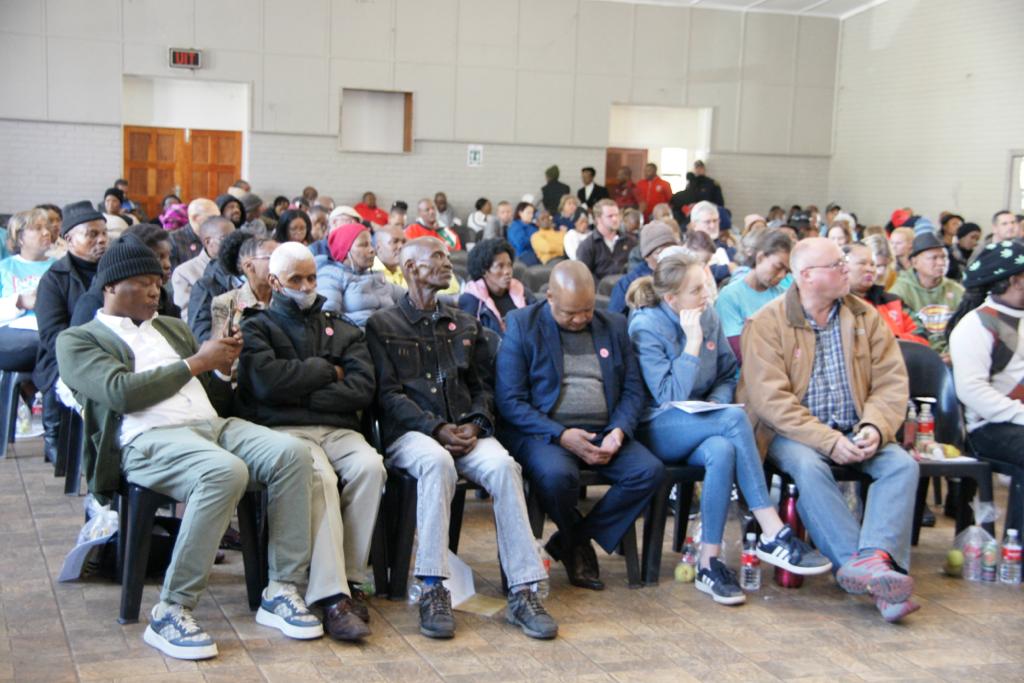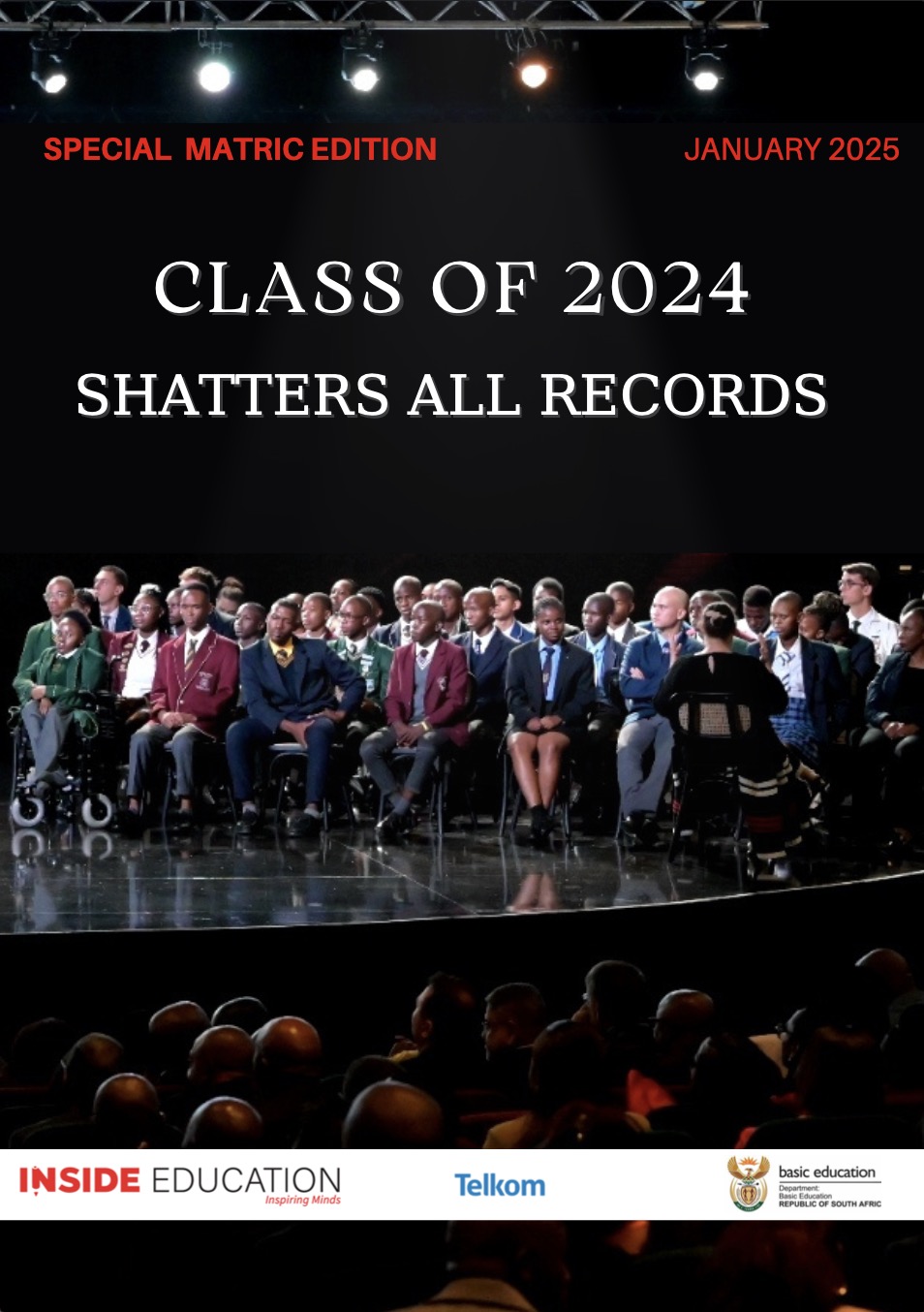Staff Reporter
Committee Chairperson Bongiwe Mbinqo-Gigaba said the Basic Education Department Committee has concluded deliberations on the Basic Education Laws Amendment (BELA) Bill.
She said this brings the Bill, which has been more than 20 years in the making, a step closer to being enacted.
Some of the proposals adopted today include making Grade R the new compulsory school-starting age, penalties for parents who do not ensure their children are in school and confirmation that corporal punishment is no longer allowed at schools with penalties for those found guilty of such offences.
Regarding language policy, the amendment states that the governing body must submit the language policy of a public school and any amendment thereof to the Head of department for approval.
The language policy must also consider the language needs of the broader community. After consultation with the school’s governing body, the committee further adopted the proposed amendment that the Head of the department has the final authority to admit a learner to a public school.
The contentious proposed amendment regarding home education was partially agreed to. When considering an application, this amendment provided for the Head of the department to require a delegated official to conduct a pre-registration site visit.
The adopted amendment now provides that such learners must still be registered, but that site visits are optional. Furthermore, a report at the end of each phase will now be required by a qualified educator or assessor to prove the learner’s competency.
Some proposed amendments were scrapped in totality. The proposed amendment regarding the sale of alcohol on school premises after hours during functions was not supported by the committee.
The proposed amendment dealing with members of a governing body that must disclose on an annual basis their financial interests and the financial interests of their spouses, partners and immediate family members also did not garner the support and was deemed too onerous a task.
Mbinqo-Gigaba said the proposed amendments are to align the legislation with developments in the education landscape and to ensure that systems of learning are put in place in a manner that gives effect to the right to primary education as enshrined in section 29(1) of the Constitution of the Republic of South Africa, 1996.
She said the committee extensively deliberated on all clauses in the Bill. “In some instances, all members agreed that certain proposed amendments did not belong to the Bill and ensured that they were removed, whereas in other cases, the committee vigorously debated clauses and retained them. This is all to ensure that we better the education landscape of the next generation.
“The committee held extensive public hearings in all provinces, oral submissions were heard in Parliament from stakeholders and thousands of written submissions were considered when debating and drafting this legislation. This speaks of a Parliament that engages and listens to the people.”
The committee is expected to meet next week to adopt the final Bill before it is referred to the National Assembly for debate and consideration.
INSIDE EDUCATION








